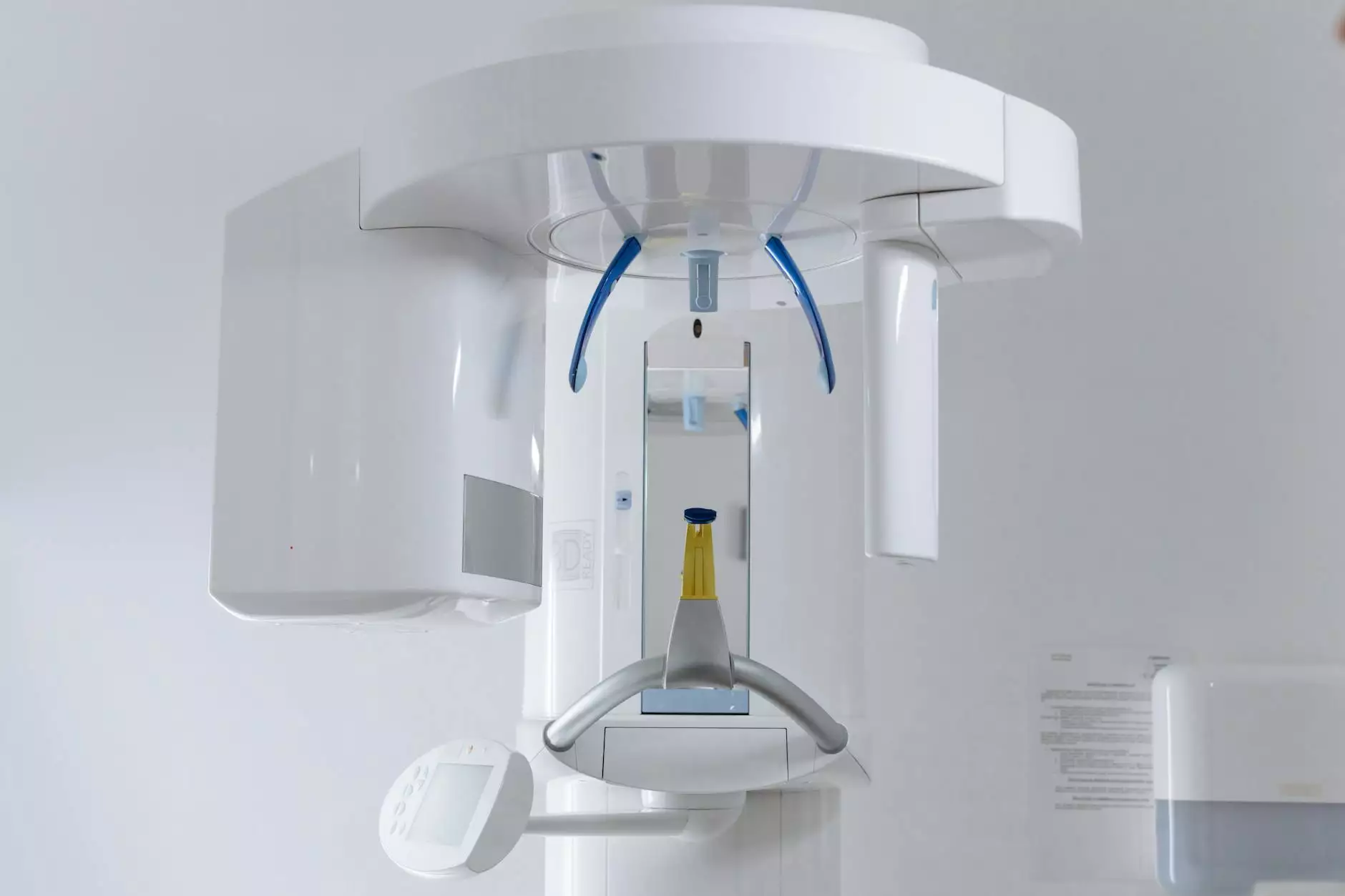Cancer Specialist Doctors: Navigating the Journey to Recovery

Cancer specialist doctors are pivotal figures in the healthcare system, particularly in the realm of oncology. They are tasked with diagnosing and treating various forms of cancer, and their expertise is crucial in guiding patients through one of the most challenging journeys of their lives. In this comprehensive article, we will delve into the world of oncology, exploring the roles, responsibilities, and importance of cancer specialist doctors. We aim to provide a detailed understanding that not only informs but also assists patients and families in recognizing the vital contributions these professionals make in the fight against cancer.
The Role of Cancer Specialist Doctors
Cancer specialist doctors, commonly known as oncologists, encompass a range of specialties within the field. Their dedication extends beyond mere treatment; they provide a holistic approach to cancer care. Here are key roles that oncologists fulfill:
- Diagnosis: Utilizing advanced medical technology and techniques, oncologists accurately diagnose cancer. This may involve various imaging tests, laboratory tests, and biopsies.
- Treatment Planning: After diagnosis, they develop a tailored treatment plan that considers the type of cancer, its stage, and the patient's overall health.
- Administering Treatments: Oncologists often administer chemotherapy, immunotherapy, or targeted therapy, carefully monitoring the patient's response and adjusting treatment as necessary.
- Coordination of Care: They collaborate with other healthcare professionals, including surgeons, radiologists, and palliative care specialists, to ensure comprehensive treatment.
- Emotional Support: Understanding the psychological toll of cancer, oncologists provide essential support and resources for mental health and well-being.
Types of Cancer Specialist Doctors
Within the field of oncology, there are several specialized areas, each focusing on particular aspects of cancer care. Here are the main types of cancer specialist doctors:
- Medical Oncologists: Experts in treating cancer with chemotherapy, immunotherapy, and medication.
- Surgical Oncologists: Focus on the surgical removal of tumors and cancerous tissues, often working closely with other oncologists.
- Radiation Oncologists: Specialize in treating cancer using radiation therapy, utilizing sophisticated technology to target and destroy cancer cells.
- Pediatric Oncologists: These doctors focus exclusively on diagnosing and treating cancer in children, adapting treatment plans to account for their unique needs.
- Gynecologic Oncologists: Specialize in cancers of the female reproductive system, including cervical, ovarian, and uterine cancers.
- Hematologist-Oncologists: Experts in blood cancers, such as leukemia and lymphoma, who manage both blood disorders and cancer.
The Importance of Early Detection
One of the most significant contributions that cancer specialist doctors make is in promoting early detection. Early diagnosis is linked to better prognoses, where the chances of successful treatment and higher survival rates increase dramatically. Oncologists play a critical role in:
- Public Awareness: Cancer specialist doctors engage in community outreach to educate the public about the importance of screening and self-examinations.
- Regular Screening Guidelines: They provide specific recommendations for mammograms, colonoscopies, and other screenings based on age, genetics, and family history.
- Advocacy for Research: Oncologists often participate in clinical trials and advocacy for research funding to improve early detection technologies and methods.
Modern Treatments Offered by Cancer Specialist Doctors
A major aspect of the work done by cancer specialist doctors involves staying abreast of advancements in treatment. Oncology is a rapidly evolving field with innovative technologies and therapies being introduced. Some cutting-edge treatments include:
- Targeted Therapy: This form of treatment targets specific characteristics of cancer cells, helping to minimize damage to healthy cells.
- Immunotherapy: An innovative treatment that uses the body's immune system to fight cancer, empowering patients' natural defenses.
- Precision Medicine: Personalizes cancer treatment based on genetic understanding of the patient’s cancer, leading to more effective outcomes.
- CAR T-cell Therapy: A revolutionary treatment that modifies a patient's T-cells to attack cancer more effectively, especially in blood cancers.
Navigating Treatment Plans
Cancer treatment is rarely a straightforward process; each patient's journey is unique. Here, cancer specialist doctors play an integral role in designing individualized treatment plans. This involves:
- Assessing Patient History: Understanding the patient's medical and family history to tailor treatments.
- Managing Side Effects: Oncologists work to alleviate side effects caused by treatments, such as nausea, fatigue, and pain, ensuring a better quality of life.
- Regular Follow-Ups: Post-treatment, oncologists monitor patients through regular follow-ups and imaging tests to ensure the cancer does not return.
Support Services Provided by Cancer Specialist Doctors
Addressing the emotional and psychological impacts of cancer is a crucial component of care. Cancer specialist doctors often offer or facilitate access to various support services, including:
- Counseling Services: Connecting patients with mental health professionals helps them cope with the emotional strain of their diagnosis.
- Support Groups: Facilitating peer support groups where patients can share experiences and support each other.
- Nutritional Guidance: Providing dietary recommendations that may strengthen the body during treatment and recovery.
- Palliative Care: Ensuring that even as treatment continues, patients receive comprehensive care focused on their comfort and quality of life.
The Future of Oncology and the Role of Cancer Specialist Doctors
The field of oncology is on the brink of exciting developments, driven by research, technology, and patient advocacy. Cancer specialist doctors are at the forefront of this evolution. Future advancements may include:
- Gene Therapy: Leveraging genetic modifications to correct or replace defective genes that cause cancer.
- Artificial Intelligence in Diagnostics: Utilizing AI to assist in early detection and personalized treatment recommendations.
- Integration of Holistic Approaches: Emphasizing the importance of lifestyle, nutrition, and mental health in cancer treatment plans.
How to Find the Right Cancer Specialist Doctor
Choosing the right cancer specialist doctor is vital for effective treatment. Consider these tips:
- ResearchQualifications: Verify the doctor's credentials, board certifications, and specialties.
- Read Patient Reviews: Seek out feedback from other patients to gauge their experiences.
- Ask About Treatment Approaches: Discuss the oncologist's preferred methodology for treating your specific type of cancer.
- Consider Communication: Ensure the doctor communicates clearly and effectively, addressing your concerns and questions.
Conclusion
In conclusion, cancer specialist doctors play a crucial role not only in devising treatment plans but also in providing emotional support and comprehensive care to patients battling cancer. Their commitment to early detection, innovative treatments, and patient advocacy drives significant advancements in cancer care and improves outcomes. By fostering a strong alliance between oncologists, patients, and families, we can enhance the journey toward recovery and support one another in this challenging fight against cancer. If you or a loved one is facing a cancer diagnosis, reach out to a qualified cancer specialist doctor today to embark on the path to healing and hope.









